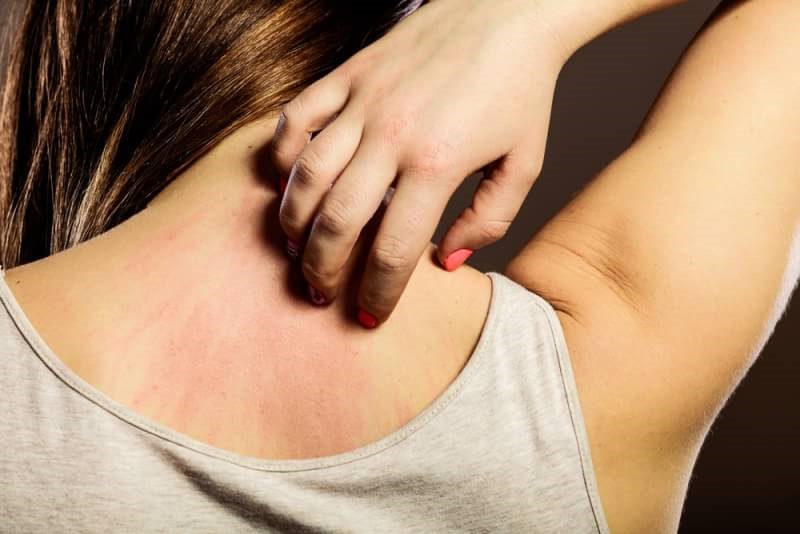Itching at Night

Skin conditions that itch at night usually occurs because of systemic skin conditions that will worsen at night. This can greatly disrupt your rest at night and there is no accurate explanation as to what caused this condition. Some of the possibilities that can cause this condition include the presence of certain diseases that are suffered by people who experience it. To overcome this, the need for direct treatment of the condition suffered.
Skin conditions such as atopic dermatitis and psoriasis usually cause nighttime itchiness called pruritis nocturnal conditions. The existence of kidney failure conditions can also cause itching as one of the side effects of the disease.
In addition to the various diseases already mentioned above, itching can also occur due to changes in the circadian rhythm, or the body's natural clock. The presence of different biological processes that occur and are correlated within 24 hours of day-to-day can lead to hormone increases and changes that are affected by eating and drinking activities. Here are the conditions associated with changes in the circadian rhythm that also causes itching at night.
Increase in skin temperature that tends to take place at night so that there is an increase in the level of intermediate itching of the skin.
The loss of water intake in the skin or a condition known as trans-epidermal water loss or TEWL increases at night.
There is an increase in natural pain relief agents on the skin at night if circadian rhythm is disrupted. The decrease in the pain is associated with an increased perception of itching.
Reduced levels of corticosteroids at night so that the effects of anti-inflammatory that decreased temporarily, causing itching in patients with skin inflammatory conditions.
The presence of parasympathetic activity increases at night while sympathetic activity increases in the morning. As a result, the autonomic nervous system causes the onset of itching.
The presence of changes in cytokines and prostaglandins due to disruption of circadian rhythms and substances such as interleukin or IL-2, IL-8, and IL-31 that induce itching.
To cope with nighttime itching conditions, adjustments should be made from the replacement of bed sheets and other bedding. Could be, the itching arises due to infestation of germs and lice on the bedding that is not detected directly by the naked eye. Replace the wool material you may use and make your skin allergic, and often make bedding replacement because without you knowing it, you may suffer from dust mite allergies or dust ulcers.
Treatment and lifestyle adjustments that can be performed for nighttime itching include:
Avoid the use of antibacterial soaps and soaps that added fragrance and lotion at night.
Use a moisture that is thicker consistency, especially for dry skin and other skin diseases.
Take a short while before bed to remove any dirt that may still stick to the skin including the ears.
Install the air conditioner or open the room to provide ventilation.
Often change the bed sheets, even if needed every day.
Wear sleepwear made of linen that is thin and comfortable.
Consumption of antihistamines to reduce histamine levels cause itching.
Consume or apply corticosteroid ointment to reduce inflammation of the skin due to itching.
Use calcineurin inhibitors that have properties similar to those of corticosteroids that suppress the body's immune activity.